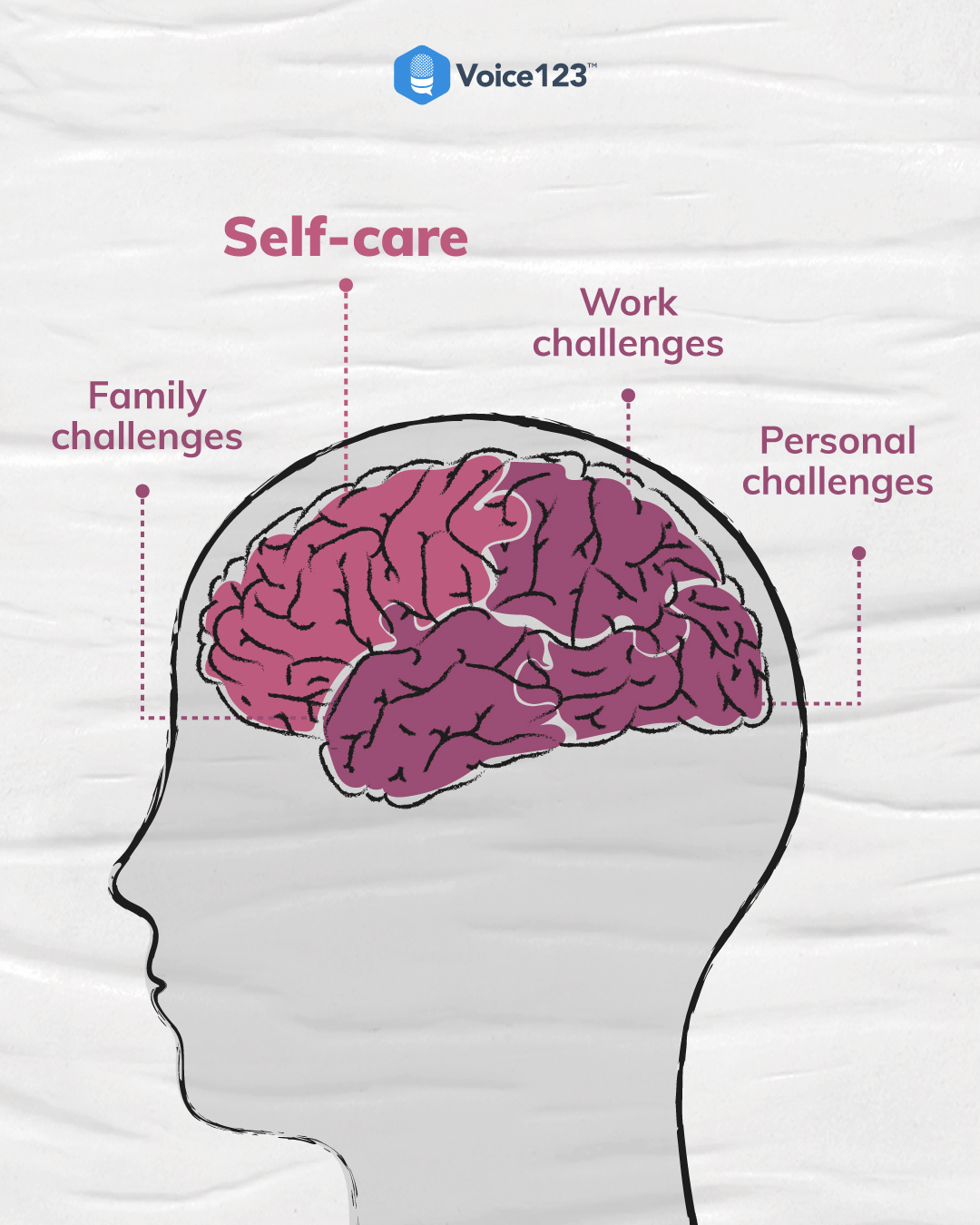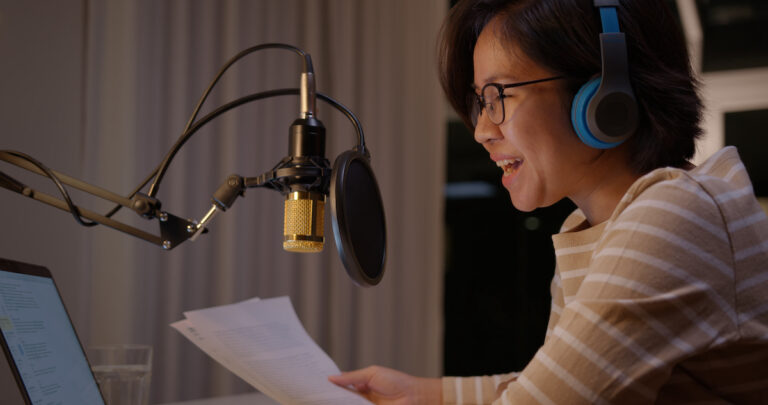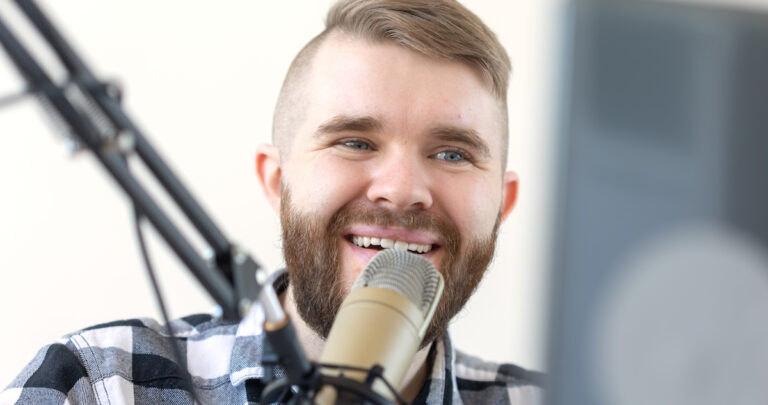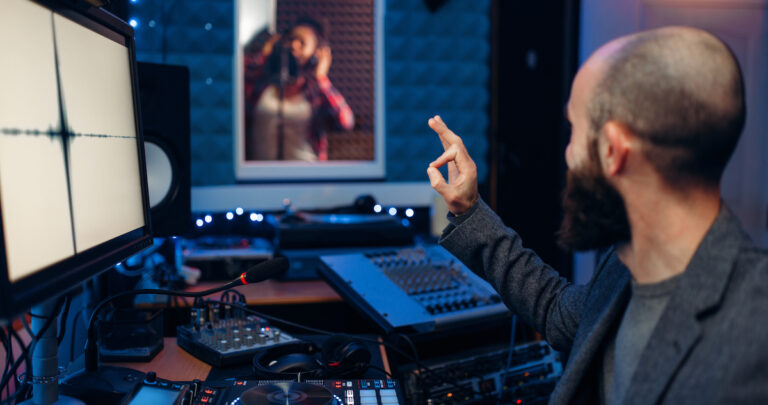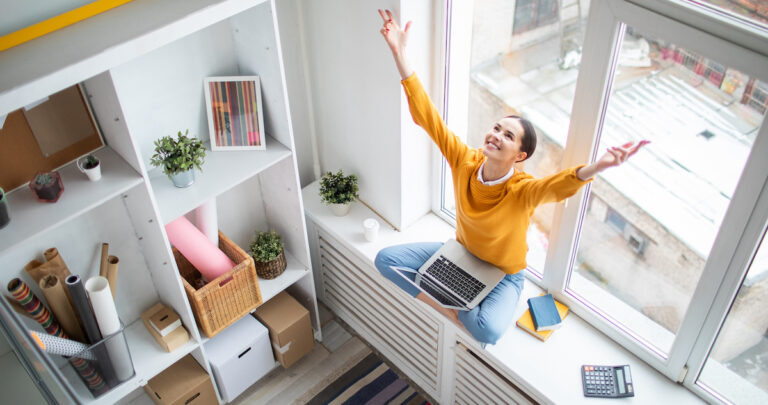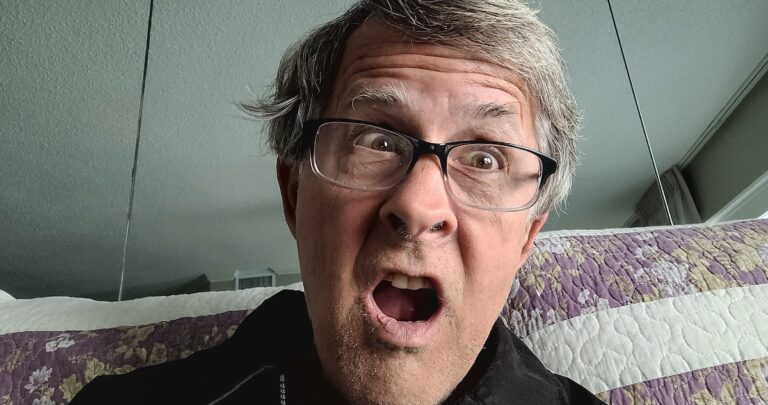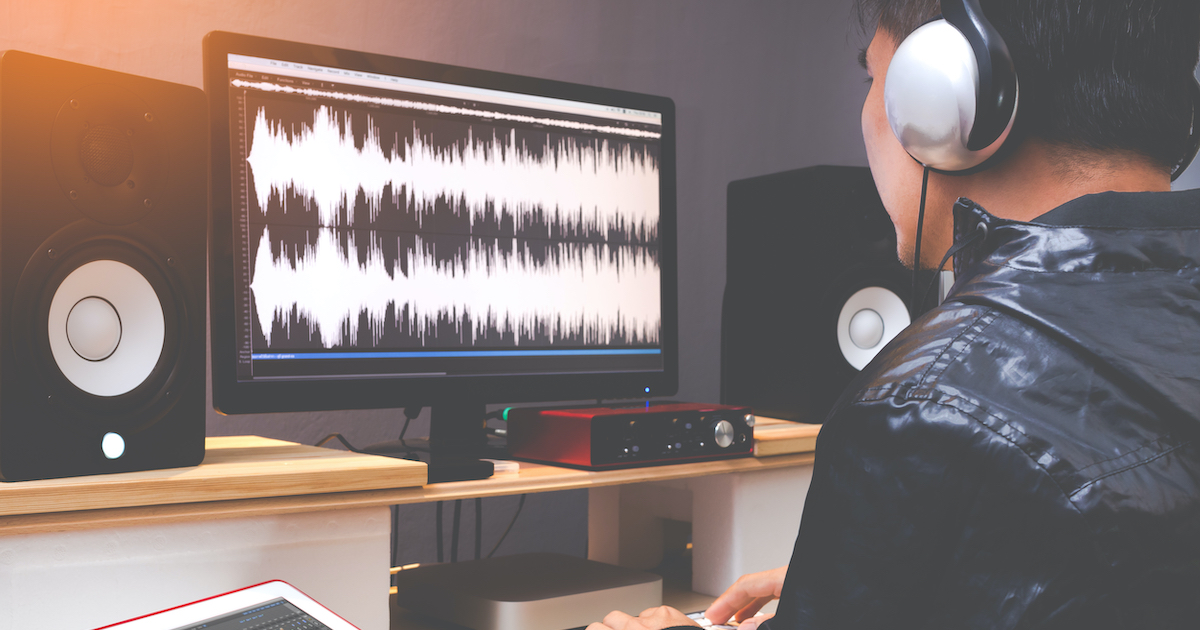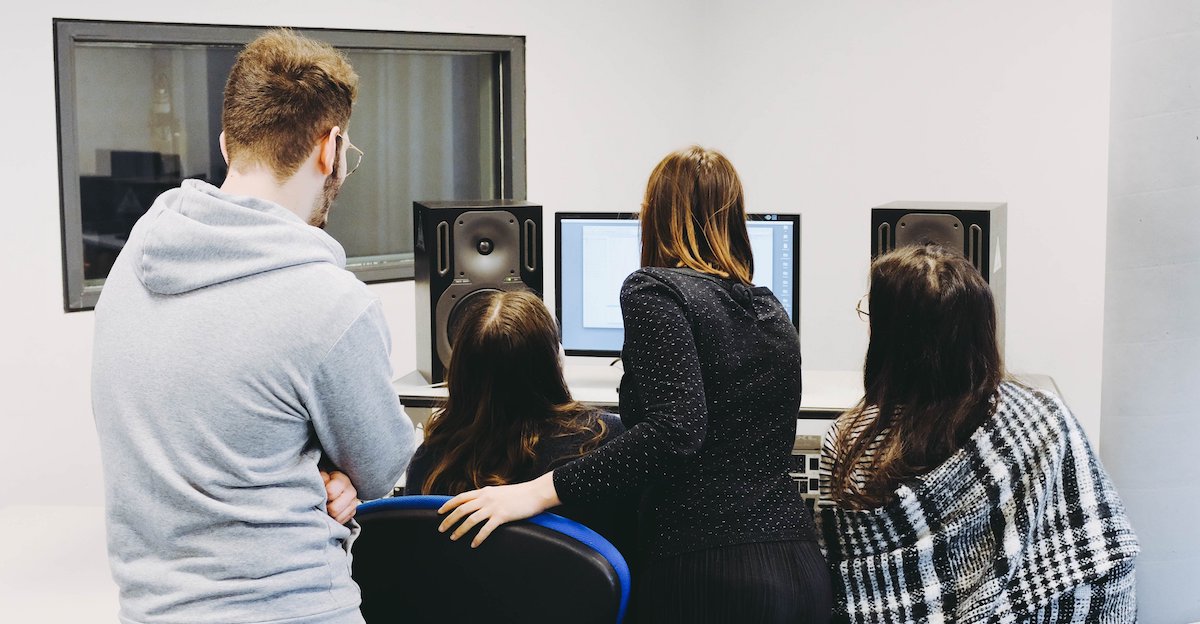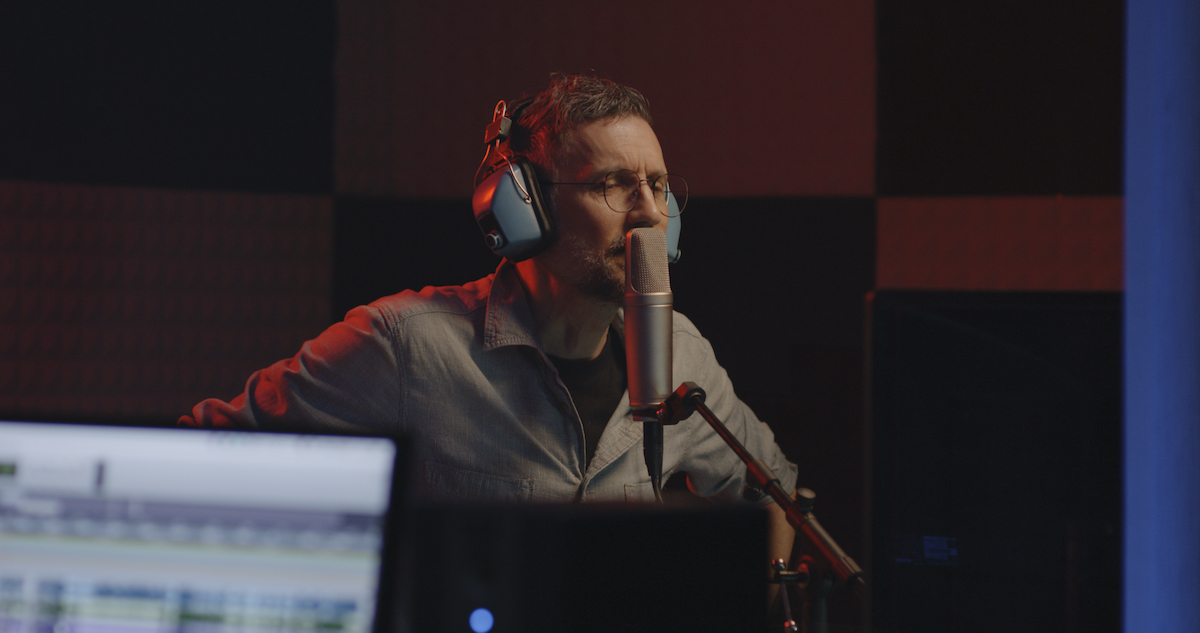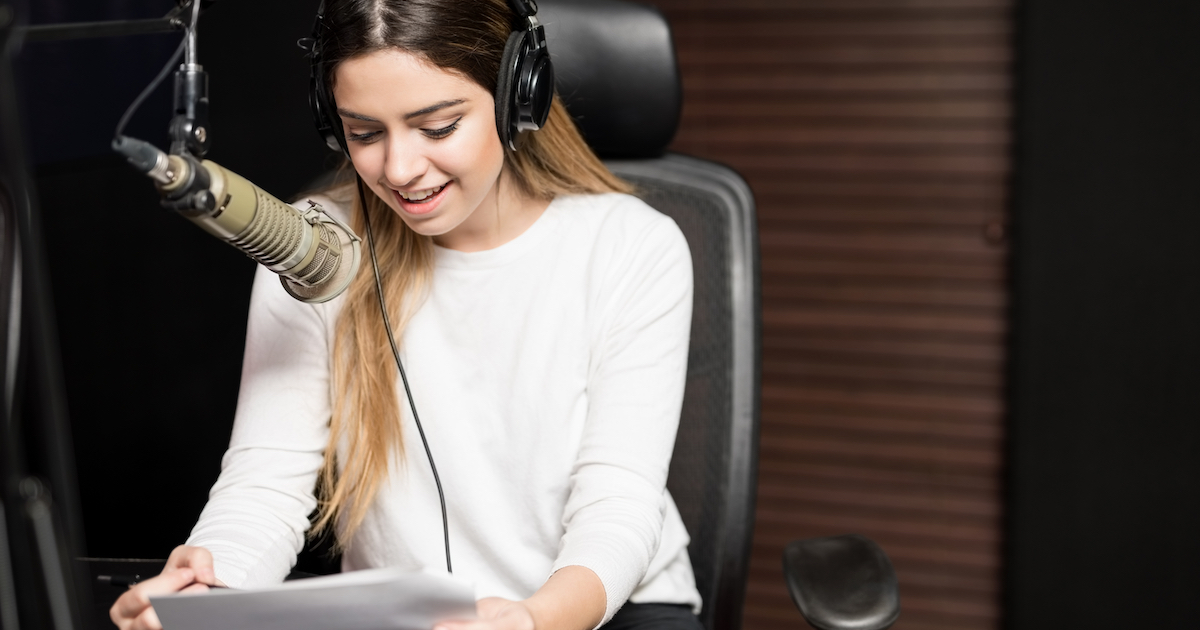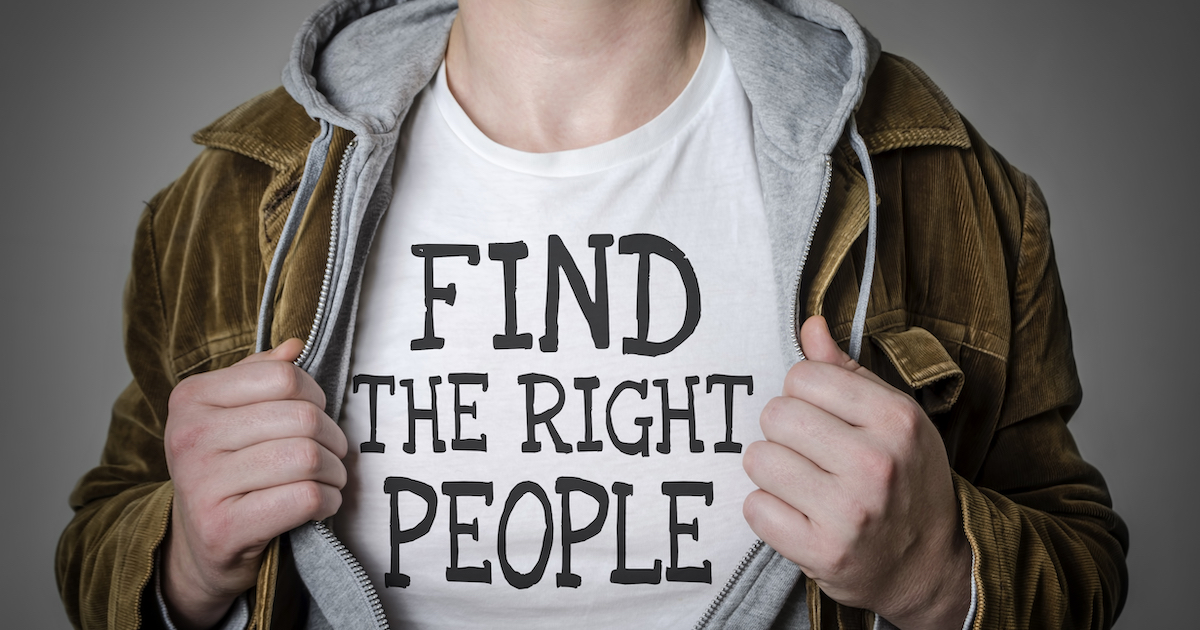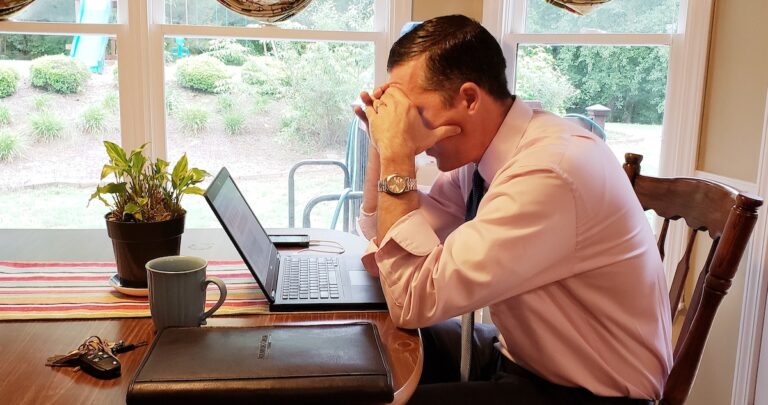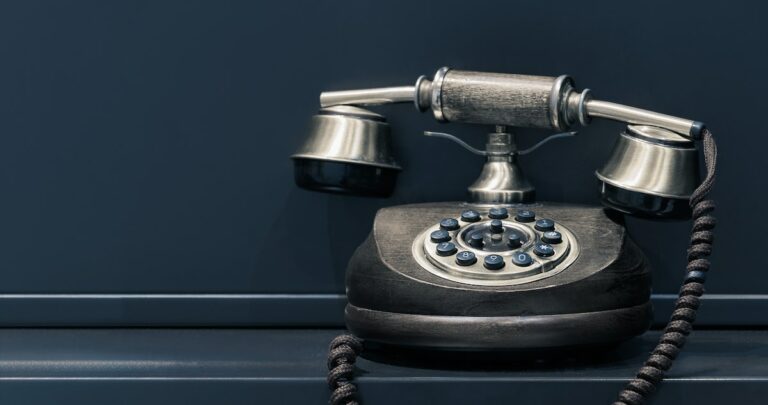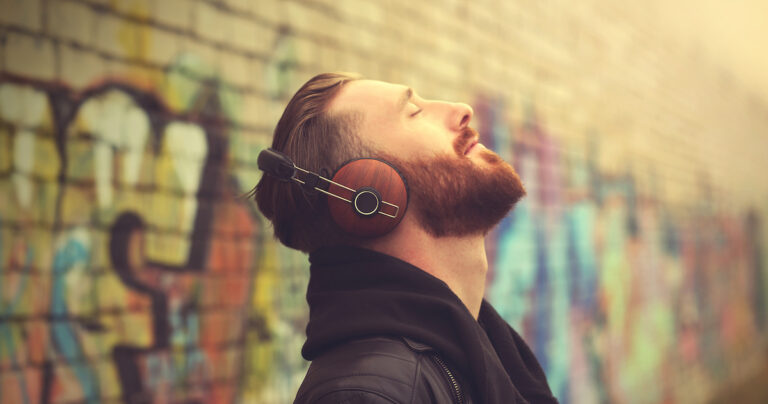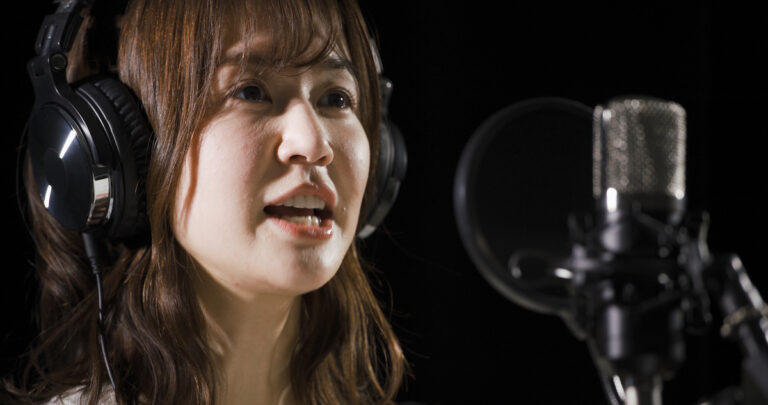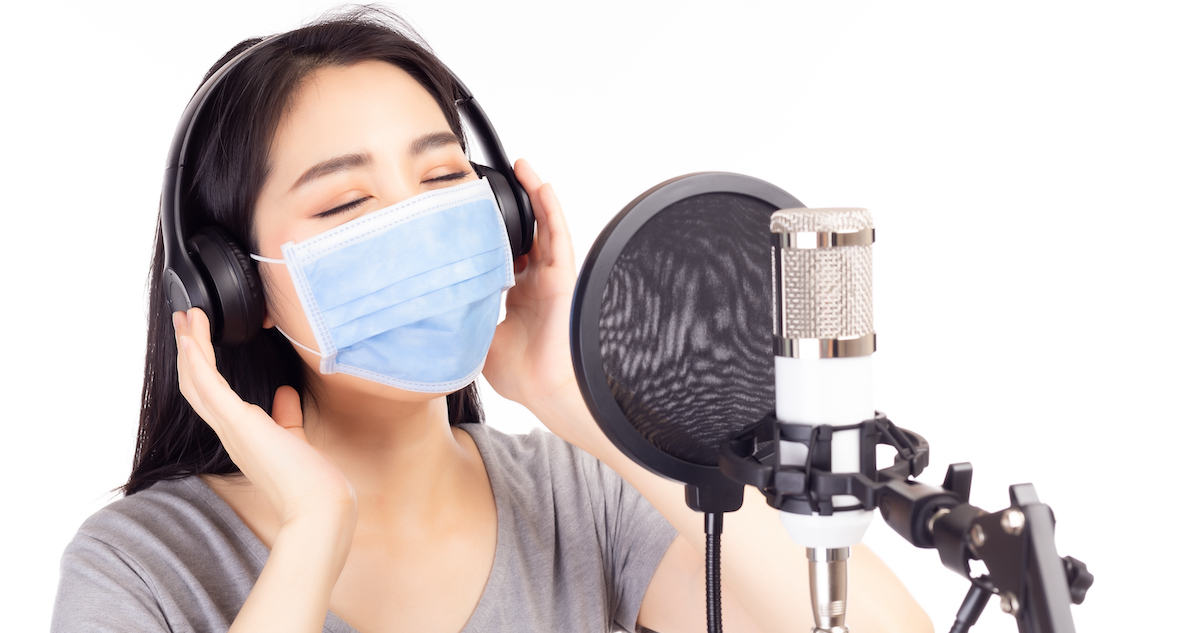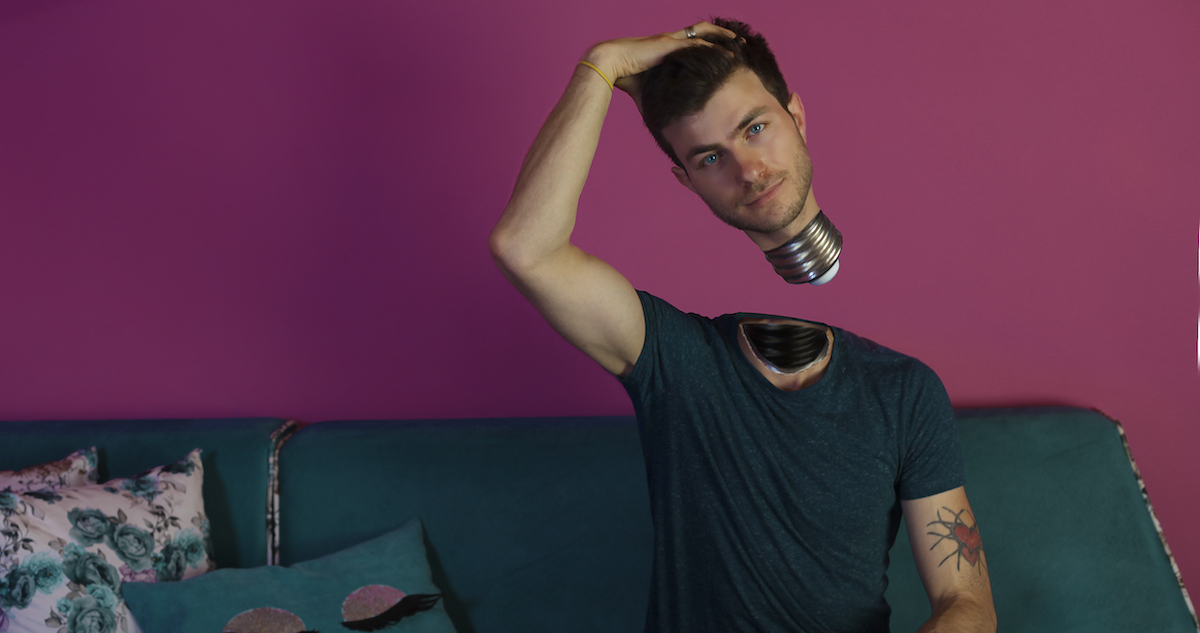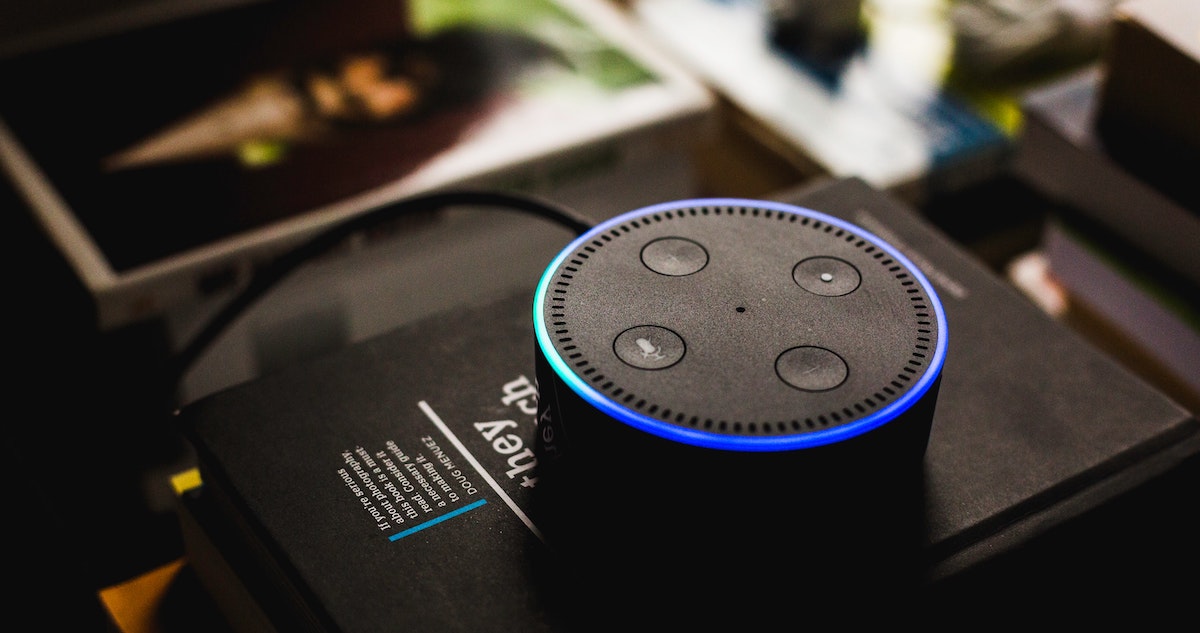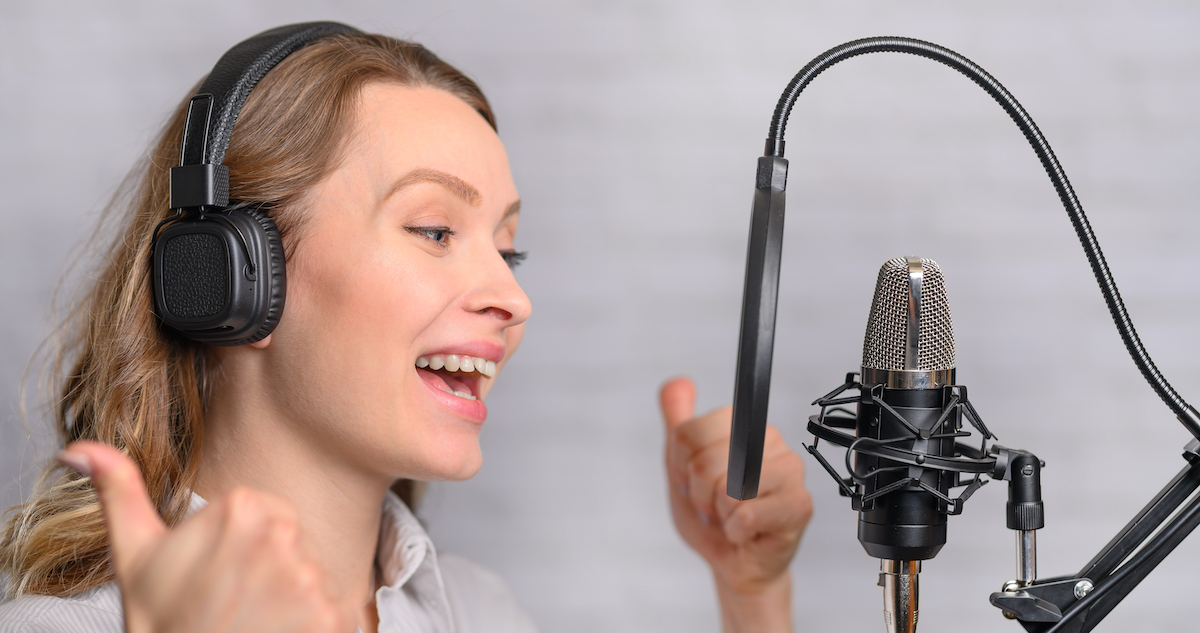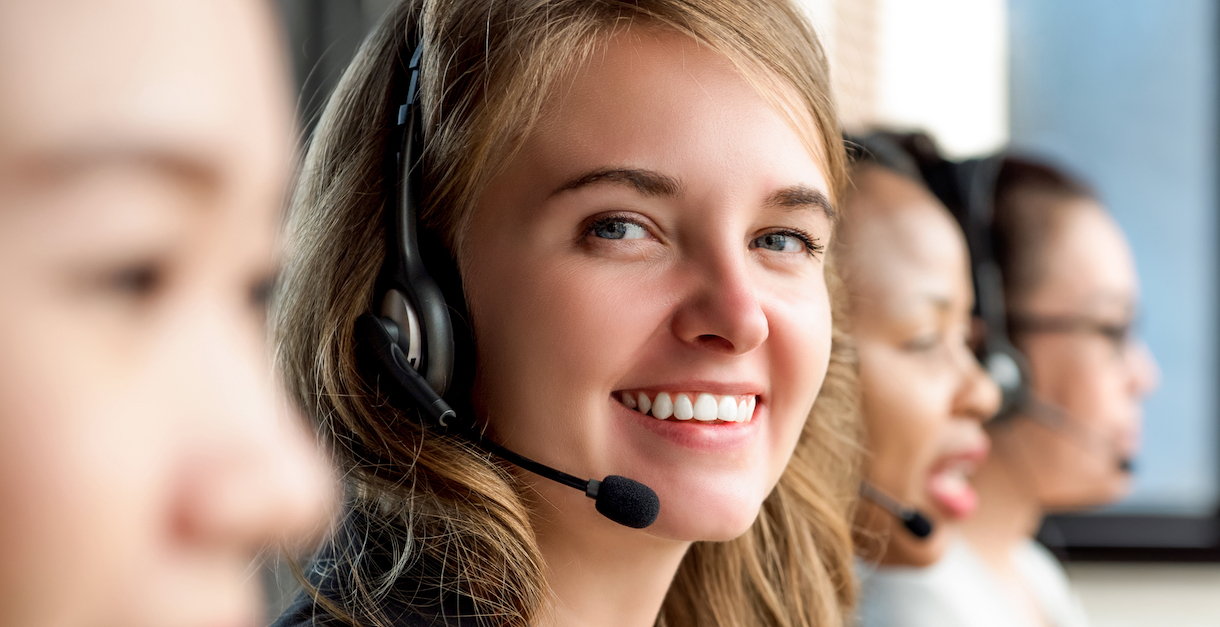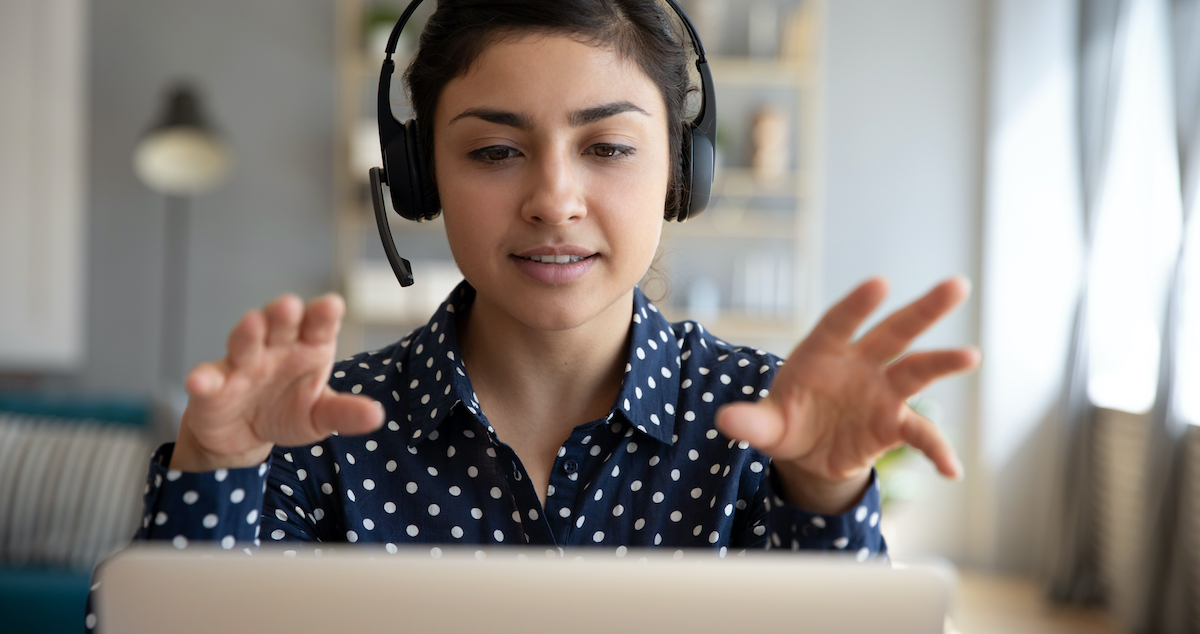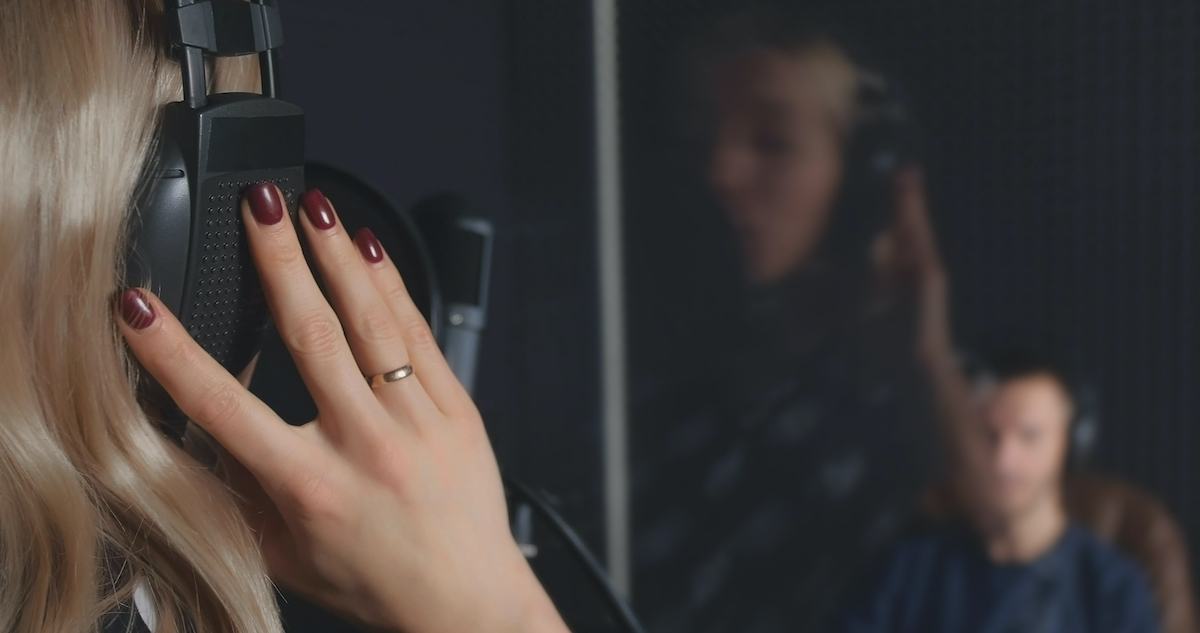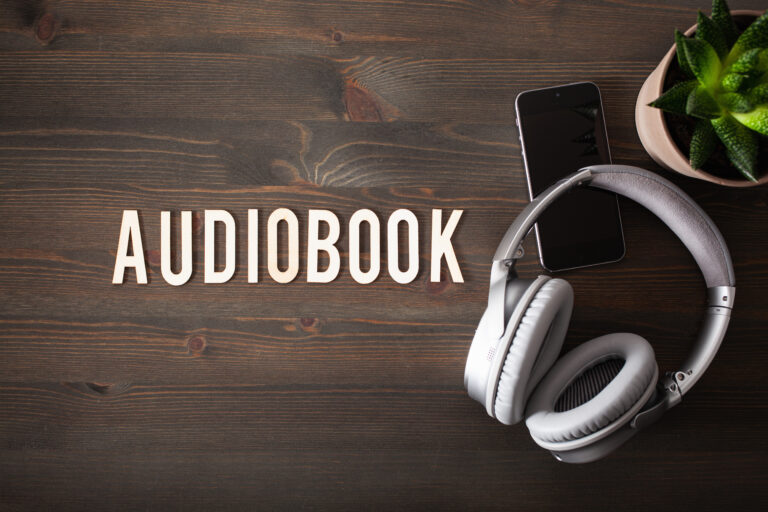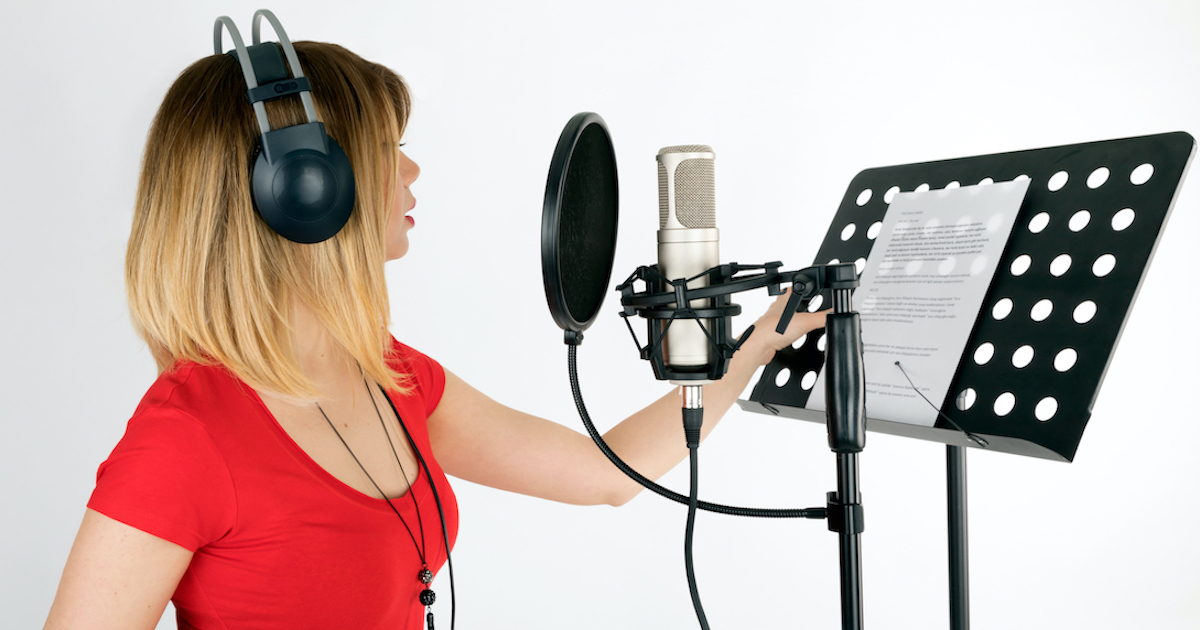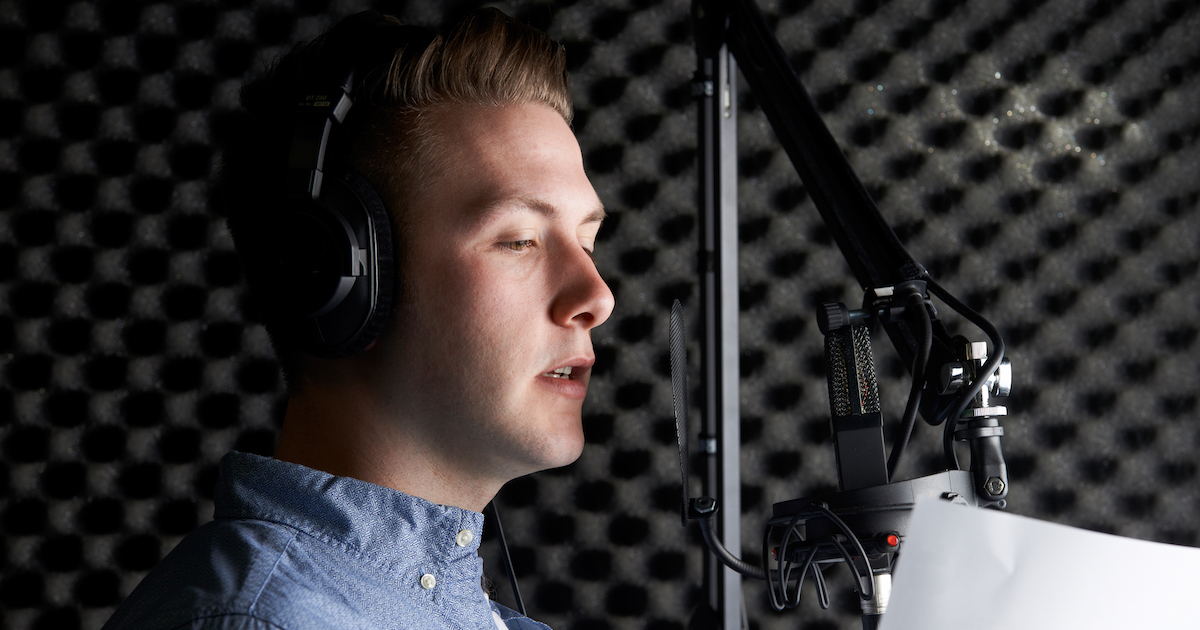The creative industry is a fast-paced world with countless opportunities for growth, flexibility, and innovation. However, moving upward in such an environment can come at the downward expense of mental health care. In fact, almost 90% of content creators deal with burnout, being no stranger to juggling multiple work tasks with daily life priorities. Highlighting that self-care is for everyone.
Imagine simultaneously balancing several voice over projects, listening to a hundred audio auditions, and trying to arrange payments for the 15 you collaborated with last month. And that’s just on Monday. Throw in daily challenges like fetching the kids from school, fixing the garage door that broke this morning, and making arrangements for a sick relative. Fitting in personal or me time, or even just the thought of it, is long gone.
However, recent Google searches for self-care routines were up by 250% since 2004, which means that self-care is gaining global momentum. Creatives worldwide are gravitating toward the benefits of having a personal self-care routine. In fact, the idea of World Mental Health Day on October 10th helps to shine a spotlight on making time to care for and analyze our mental health and self-care routines. So, what’s your personal level of self-care?
A healthcare expert shares his views
Michael, as a registered nurse mental health case manager, how do you think self-care fits into mental health awareness?
Self-care is paramount to mental well-being, but understanding what you need will require introspection. To be aware of your mental health is to acknowledge that it requires just as much support and nourishment as your physical self. Acknowledging this will ideally lead you down the path of engaging in practices that are fulfilling and bring you happiness and acceptance. Healthy living has the physiological effects of improving mental well-being, but it’s not necessarily a priority for everyone. There is no right way to live your life!
Excellent, and can you share some self-care ideas to help people balance their work, life, and mental health?
You are not your job! Do what you need to do, but your priority should be to yourself and those you love. Humans are social creatures, and the vast majority
of us want to connect, so reach out and make those connections. Relationships take a lot of time and effort but are incredibly rewarding, so make time for them.
Quality over quantity. Remember to be kind to yourself and to others.
That’s very helpful. What other resources are available to help people maintain better self-care?
Recently, I’ve been looking into the 7 Types of Rest, which include: physical, mental, emotional, social, sensory, creative, and spiritual rest. I have not done my due diligence in checking the soundness of this theory, but I believe it holds merit to evaluate your life and what could be missing from it. Rest, and adequate sleep is essential in maintaining optimal mental health and should not be overlooked. Unfortunately, therapy can be quite expensive, but seeking single-session online counseling is accessible and sometimes even free (depending on your geographical location). You could also search self-guided Cognitive Behavioral Therapy (CBT). Although it is typically administered through a counselor, you can still review the process as well as learn more about the cognitive distortions that affect everyone. Namely, awareness!
Common self-care challenges

Creatives are typically responsible for projects that involve everything from hiring and collaborating with actors, voice actors, influencers, podcasters, bloggers, and more. While the projects take on different shapes and forms, from commercials to rebranding websites, with such a varied range, no two creatives’ journey is the same. However, some common challenges across creative industries that could affect mental health are:
Audience backlash
Content that seems amazing from one perspective won’t always be viewed as positively from another. Suppose a target audience doesn’t relate to or gel with the content. In that case, it could lead to anxiety, loss of reputation, project failure, and more.
Burnout
There’s constant pressure on creatives to make every project the next big thing. It has to be unique, exciting, perfect, and never done before. However, these kinds of periods of intense productivity can lead to burnout.
Deadlines
Even a 25-hour day just isn’t enough time when your plate is already full. Projects also tend to arise at the last minute, and every minute counts when you have deadlines, time constraints, and a limited budget.
Working with creators
Creators bring your projects to life. Whether it’s a heartfelt voice over or a powerful acting performance, they’re vital to your storytelling endeavors. But finding professionals, explaining your briefs, negotiating prices, and collaborating with different types of creators can be time-consuming.
4 steps to create a self-care routine
1. Take control
Whether you’re a director, producer, or managing an agency, taking control of your mental health can give you a handle on burnout before it sneaks up, as it’s prone to do. Why not give yourself a short, daily digital detox? Unplugging from social media and devices like phones, tablets, or computers can give you the media break and time you need to put your feet up or smell the roses. You could also set up office hours to help better manage your work time with your me time. Setting your messaging app or social media account status to unavailable can also help you establish boundaries for self-care. This will give you back control of your life and let you help yourself as a person and not just a creator.
2. Make time for the things you enjoy
Between company meetings, project strategizing, finding, hiring, and paying creatives, making time for self-care activities can feel like a nice-to-do instead of a should-be-doing. If left unchecked, other priorities could start to cave in. Web MD highlights, “Take charge of your health and happiness, and you’ll lower your stress, become more productive, and have more energy.”
So, instead of trying to find the time, make the time daily or weekly for something you enjoy. This will pull you away from toxic pressure, deadlines, schedules, and to-do lists leaving you with a clearer perspective to better tackle your next task. Whether you’re into gaming, sporting, or reading, a healthy dose of self-care time can make even the hardest of days more bearable.
3. Quiet your mind
Becoming one with yourself may sound like a cliche quote from a book, but the reality is that mindfulness can help to calm racing thoughts and anxieties by simply focusing on the present. Breathing, meditating, and power naps are valuable methods to employ to keep you feeling refreshed and revitalized. It won’t necessarily take the anxiety away, but it can aerate an overwhelmed mind and prepare you to tackle the next challenge. This might sound easier said than done, but according to the Mayo Clinic, “Over time, you might find that mindfulness becomes effortless. Think of it as a commitment to reconnecting with and nurturing yourself.”
4. Positive reinforcement
If we are what we eat, then by extension we can also be what we speak. Positive reinforcement is often used to establish new or current behavior or actions by means of a reward. From candy bars for children to dog treats for puppies, its benefits have long been studied, researched, and applied. While tasty treats may not always work for adults, positive words can work to reinforce healthy habits and behavior. It also creates a balanced environment that can make you feel better about yourself as a person and help you appreciate your accomplishments. You can also make plans with friends and family that support and encourage you with positive commendation. Alternatively, you can break away from your comfort zone and join activities that allow you to meet more positive people. This could be anything you take an interest in, from a chess club to a support group.
Why is self-care important?
Self-care goes hand-in-hand with caring for your emotional and mental well-being. But it doesn’t mean self-indulgence. Making time to care for your mental health is now a necessity and not an option. However, holding onto a self-care routine isn’t always easy. In fact, mental health care is more of a journey than a destination. So when it comes to routine, some days will be harder than others.
6 forms of self-care for creatives
Here are some self-care ideas to help you get your routine off to a flying start:
1. Get more physical exercise
If 6:00 am wake-up calls are not your idea of fun, don’t lose hope. Although gymming in the early morning hours isn’t always possible, taking a walk is. Around the block, to the store, or just moving around the living room can be your starting point. So, instead of plunging into the vast pool of exercise, start by wading in gently. Regularity is the key focus. The more you keep at it, the better your routine will become. This will help you wake up with vigor, looking forward to the day ahead.
2. Keep a balanced diet
Although the mind and body are viewed as separate, mental and physical health are closely connected. By eating regular, well-balanced meals and drinking plenty of water, you can work toward improving your physical health. After all, if your body is healthy, it will automatically boost your energy levels, mood, and even your mental concentration. So, whenever possible, swap processed foods for fresh fruit and veg and soda for water.
3. Sleep well, live well
Although we’re unaware when we’re asleep, our brain is actually very active. It’s also carrying out various important functions. So getting an adequate amount of sleep each night is a crucial aspect of body function. The amount of sleep you had the night before can also affect your physical and mental capacity the following day. In the long run, it will also strengthen your immune system against illness. So the better rested you are, the more ready you’ll be to take on the day.
4. Focus on redirection instead of perfection
Be kind to yourself in your expectations and avoid putting undue pressure on yourself. Pay attention to what you need as a person. In a busy world, it can be hard to slow down and notice things. But that’s where mindfulness can help you. Take a moment to live in the moment and practice redirection.
I can’t – I can
I don’t – I do
Impossible – I’m possible
5. Keep a gratitude journal
Gratitude can help to shift your mindset from the negative to the positive. It means having thankful appreciation, similar to counting your blessings. Developing a grateful attitude starts with daily habits. Why not try the 3 things activity? Each day try to make a note of 3 things you appreciate about your life. This could be small, simple things like your pet, your coffee machine, or even your air conditioning. Whatever things or people you personally appreciate, having an attitude of gratitude can make you happier and emotionally healthier.
6. Keep in touch
When you’re happy or excited about something, who’s the first person you call? Your partner, your parents, your friends? Our loved ones are the most important people in our life. So neglecting them emotionally, however, unintentionally is a two-way street of poor mental health. Neglect is the distinct lack of action by one person in a relationship. So consider how long it takes you to respond to a message. Or how often do you blow off Sunday lunch? Relationships are not always smooth sailing, but they are definitely worth the trip.
Self-care isn’t selfish
In short, self-care has many components, so what works for one person may not necessarily work for another. And at the end of the day, it’s not selfish to want to take care of your emotional health. The key is to make an effort to find the techniques that work best for you. Although self-care and mindfulness are not mental health cures, they can help you to cope and make you more aware of negative triggers.
A creative speaks about self-care
One of the busiest people in Hollywood is television producer, author, and American talk show host Oprah Winfrey. Regarding self-care, Winfrey wrote on her website, “the best thing we can collectively do is to take care of our individual selves. Now, I know that might sound oversimplified and even selfish to some people, but this is what I know for sure: that you have to feed yourself with love and loving thoughts in order to show up more fortified and complete, to give other people your love.”
Relating to self-care, prioritizing time for yourself is a step toward alleviating burnout. One of the main ways Oprah practices self-care is by taking a day off. She says, “I always give myself Sundays as a spiritual base of renewal—a day when I do absolutely nothing. I sit in my jammies or take a walk, and I allow myself time to BE—capital B-E—with myself. When I don’t, I absolutely become stressed, irritable, anxiety-prone, and not the person I want to be in the world.”
Thank you to all the contributors for sharing their valuable time, personal insights, and expressions. Supporting mental health awareness is necessary, and everyone is welcome to get more involved. So be vocal. If you share your experiences and thoughts, you could provide invaluable support to a person needing a listening ear or just an optimistic view.


